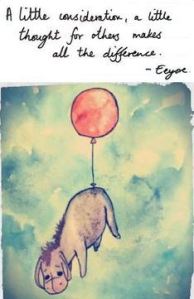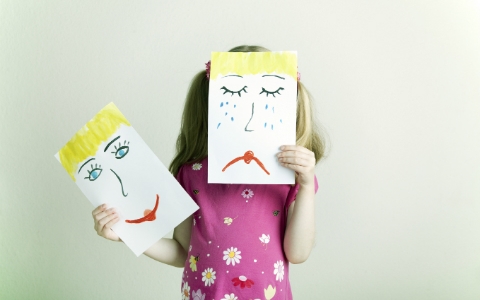Peer support happens when people who are similar in some way provide emotional, social, or practical help to each other. A peer is able to offer support because he or she can relate to others who are now in a similar situation.
At Donna’s Village, all group participants have experienced the death of someone important in their lives. Many of the kids who attend groups report their friends at school do not understand how they feel, or what they are going through, because they haven’t experienced the same kind of loss. The opportunity to meet with people their own age, who have also experienced a significant death, is invaluable. Peer support validates feelings, helping both children and adults realize their emotions are normal, ultimately helping them feel less isolated and alone.
Groups come together twice a month to connect with others who are grieving. While most of our young participants have lost a parent or sibling, some have lost grandparents, other family members, and even close friends.
Effective peer support groups are led by a trained facilitator, made up of people who are directly effected by a common issue (in this case a death), and tend to be small in size so that each person has an opportunity to share and contribute to the group. The role of the facilitator is not to fix the problem or give advice. Instead, facilitators help the peer group work together effectively.
Benefits of a peer support group include meeting others who are experiencing a similar situation, which helps participants feel less alone. Peer support groups empower people to solve their own problems and area safe place for individuals to talk about their feelings and struggles. Some people find counselors and therapists intimidating. A support group is a good place to turn for help as all the members are equal, and no one has power over the others. Studies have shown that participation in a peer support group can help reduce anxiety, improve self-esteem, and improve the feeling of well-being overall.





